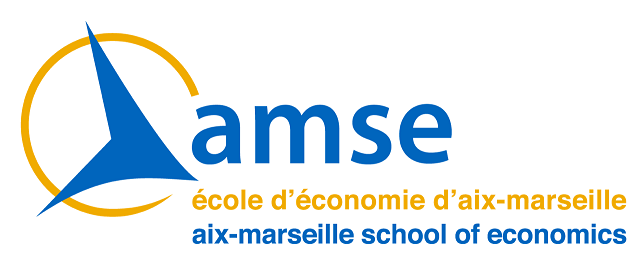Salience or event-splitting? An experimental investigation of correlation sensitivity in risk-taking
Résumé
Salience theory relies on the assumption that not only the marginal distribution of lotteries, butalso the correlation of payoffs across states impacts choices. Recent experimental studies on saliencetheory seem to provide evidence in favor of such correlation effects. However, these studies failto control for event-splitting effects (ESE). In this paper, we seek to disentangle the role of corre-lation and event-splitting in two settings: 1) the common consequence Allais paradox as studiedby Bordalo et al. (2012), Bruhin et al. (2022), and Frydman and Mormann (2018); 2) choicesbetween Mao pairs as studied by Dertwinkel-Kalt and K¨oster (2020). In both settings, we findevidence suggesting that recent findings supporting correlation effects are largely driven by ESE.Once controlling for ESE, we find no consistent evidence for correlation effects. Our results thusshed doubt on the validity of salience theory in describing risky behavior.
